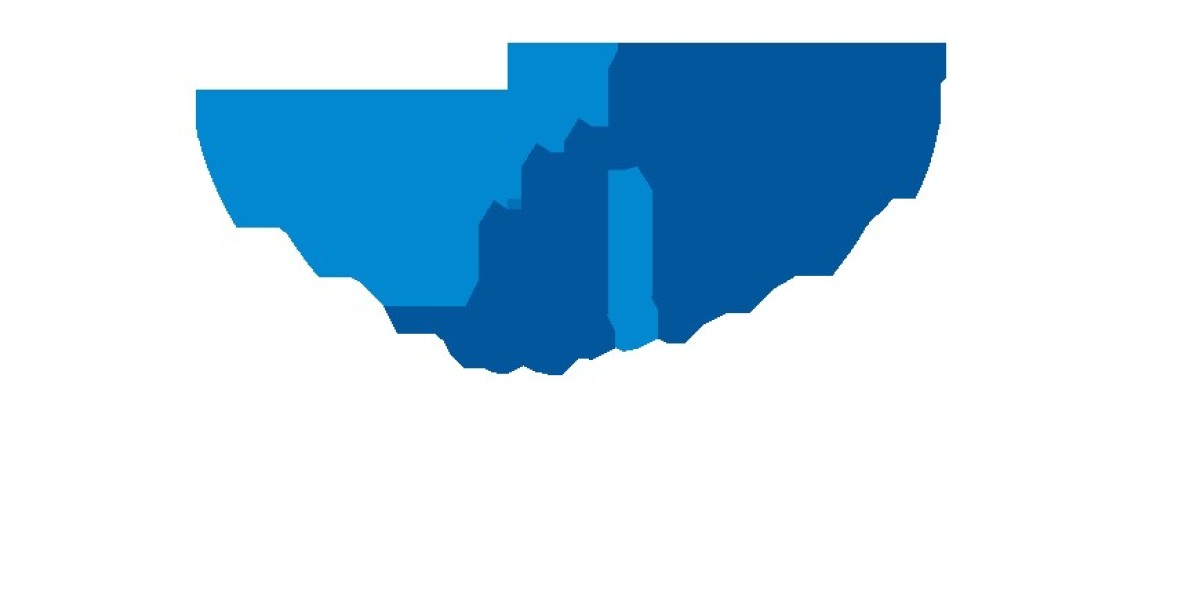In today's rapidly evolving digital landscape, security and compliance are at the forefront of every enterprise's priorities. As businesses increasingly rely on complex web applications to support their operations, the need for robust security measures and adherence to regulatory standards becomes even more critical. Laravel, an open-source PHP framework, has gained significant traction in recent years for its ease of use, scalability, and powerful security features. In 2025, Laravel continues to play a pivotal role in ensuring that enterprise applications are not only secure but also compliant with industry standards.
Laravel for Enterprise: Building Security from the Ground Up
Laravel is widely regarded as one of the best frameworks for building scalable and secure applications, making it an ideal choice for enterprise solutions. When it comes to enterprise applications, security is often the top concern, as they handle sensitive data and complex processes. Laravel’s design inherently focuses on security, offering developers a wide array of tools to protect applications from potential vulnerabilities.
1. Secure Authentication and Authorization
One of the most crucial aspects of enterprise security is ensuring that only authorized users can access sensitive data and perform specific actions within the application. Laravel for Enterprise offers a variety of built-in tools for user authentication and authorization. It provides a powerful authentication system, which supports features like multi-factor authentication (MFA) and social login, adding an extra layer of security to user interactions.
Additionally, Laravel's authorization system allows developers to define permissions and roles, ensuring that users can only access the data or features they are authorized to use. This role-based access control (RBAC) feature ensures that enterprises can enforce strict security measures, reducing the risk of unauthorized access and potential breaches.
2. Protecting Against Common Threats
Laravel for Enterprise includes features designed to mitigate common security threats. These features are essential for any enterprise application handling sensitive data.
- Cross-Site Scripting (XSS) Protection: Laravel automatically escapes output to protect against XSS attacks, which involve injecting malicious scripts into web pages.
- SQL Injection Prevention: Laravel uses prepared statements in its query builder, ensuring that user input is treated as data rather than executable code, effectively preventing SQL injection attacks.
- Cross-Site Request Forgery (CSRF) Protection: Laravel includes built-in CSRF protection, which ensures that forms and requests sent to the server are legitimate and come from authorized users.
These security features are critical for ensuring that applications are safe from some of the most common attacks targeting web-based applications.
Enhancing Enterprise Compliance with Laravel
Compliance with industry regulations and standards is another crucial consideration for businesses in 2025. Laravel not only helps enterprises meet their security needs but also assists in adhering to a wide range of compliance requirements. Whether it’s HIPAA, GDPR, PCI-DSS, or SOC 2, Laravel for Enterprise simplifies the process of implementing features that align with legal and regulatory obligations.
1. Data Privacy and Protection
Data protection regulations like GDPR require that businesses handle user data responsibly, ensuring it is stored securely and processed transparently. Laravel offers features that simplify data privacy compliance, such as encryption and data masking.
For example, Laravel's built-in encryption utilities make it easy to encrypt sensitive user information such as passwords, credit card details, or personally identifiable information (PII). This encryption is essential for meeting compliance requirements and protecting data from unauthorized access or breaches.
Additionally, Laravel allows for the secure storage of sensitive data in the application’s database using secure hashing algorithms. This approach ensures that even if an attacker gains access to the database, they cannot easily retrieve user passwords or other sensitive information.
2. Audit Trails for Compliance Reporting
Another key feature that enhances enterprise compliance is the ability to create audit trails. Laravel makes it straightforward to log and track all system activities, which can be crucial for compliance with various regulatory frameworks. Audit trails provide detailed logs of all user actions and system changes, allowing businesses to monitor activities, investigate potential breaches, and demonstrate compliance during audits.
The framework’s logging features are customizable, allowing enterprises to configure logs according to specific business needs and compliance requirements. Whether it’s logging failed login attempts, changes to sensitive data, or user interactions with the system, Laravel provides the tools necessary for building a comprehensive and compliant logging system.
3. Regular Security Updates
In an ever-changing threat landscape, staying up-to-date with the latest security patches and updates is essential for enterprise applications. Laravel’s active development community ensures that the framework regularly receives updates and security patches. This means that enterprises using Laravel can rely on continuous improvements to the framework's security, minimizing the risk of vulnerabilities that could affect compliance.
Laravel’s update process is straightforward, allowing businesses to stay ahead of potential threats by applying patches promptly. This proactive approach is vital for maintaining the integrity and compliance of enterprise applications in the long term.
The Role of Laravel for Enterprise in Risk Mitigation
As enterprises continue to expand their digital footprint, the potential risks associated with web applications also increase. Laravel’s security and compliance features provide a comprehensive solution for mitigating risks, safeguarding sensitive data, and ensuring business continuity.
By utilizing Laravel for Enterprise, businesses can significantly reduce their exposure to cyber threats, data breaches, and compliance violations. Whether it's through secure authentication, proactive monitoring, or compliance-ready features, Laravel helps enterprises maintain a secure and compliant web application environment in 2025.
Conclusion
In 2025, Laravel will remain one of the top frameworks for enterprise web application development, offering robust security and compliance features that are crucial in today’s digital-first world. By leveraging Laravel for Enterprise, businesses can build scalable, secure applications that protect sensitive data and meet regulatory requirements with ease. As security threats and compliance demands continue to evolve, Laravel will continue to provide the tools and frameworks needed to help enterprises stay secure and compliant in an increasingly complex environment.
Ultimately, choosing Laravel as the foundation for enterprise applications ensures that businesses can focus on growth and innovation, knowing that their applications are secure and compliant with the highest industry standards.


